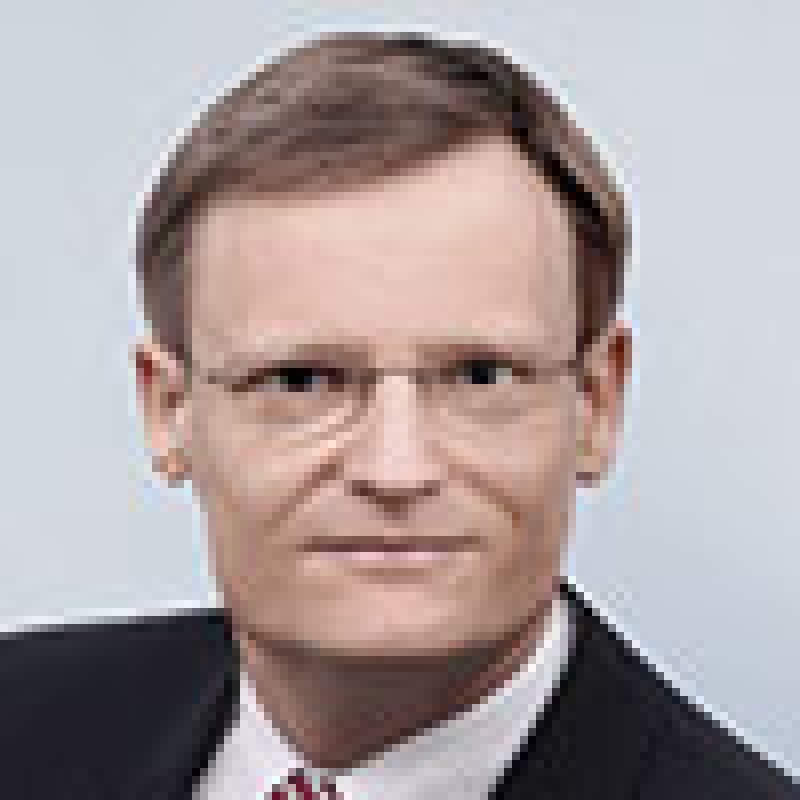For years, the courts have been preoccupied with infringement proceedings that are conducted by standard essential patents (SEP) holders, who previously submitted declarations as part of the standardization process, namely assurances that prospective licensees will be granted licences under fair, reasonable and non-discriminatory (FRAND) conditions. The dispute is particularly about the extent to which an SEP can be enforced in court by dominant companies without them, in doing so, breaching the antitrust abuse law under Article 102 TFEU.
In its judgment Huawei Technologies / ZTE from July 16 2015 (Rn C-170/13), the CJEU showed how patent holders and patent infringers should behave in infringement proceedings concerning a SEP with a FRAND declaration, to avoid committing an antitrust infringement and thereby be able to rely on the antitrust compulsory licence objection (proprietor) and not to risk a sentence for the omission of further acts of use (patent infringer):
Although, through the submission of a FRAND declaration, the patentee does not waive the judicial assertion of injunctive relief or recall claims, he does, however, create a legitimate expectation to that effect, on the basis of which he is obliged to point out to patent infringers their alleged infringement before bringing an action for injunction or recall and to hear their case. If the infringer expresses his willingness to license the patent, the owner of the SEP must make this infringer a licence offer, which must meet FRAND terms and specify the licence fees and how they are calculated.
The patent infringer has an obligation to respond to this offer with the due care resulting from the established practice in the relevant field and acting in good faith. Delaying tactics are forbidden. If he does not wish to accept the patentee's offer, he must make a counter offer within a short period, which in turn must correspond to FRAND terms. Should this counter offer be rejected, the infringer is also obliged to deposit adequate security in accordance with business practice in which also the infringer's billable number of past acts of use is considered. However, during the licence negotiations, the infringer is not prevented from attacking the legal validity of the patent in suit and/or from denying its usage and/or its essentiality for the implemented standard.
If the parties do not reach an agreement in this manner, the CJEU shall grant them the opportunity, by mutual consent, to have the licence terms determined by an independent third party, who has to decide within a short deadline.
Finally – according to the CJEU – the patent holder's possibility to sue the patent infringer for previous acts of infringement, requesting accounting and/or damages, is not affected by Article 102 TFEU.
The CJEU's chosen course thus strikes a balance between the owner-friendly Orange Book jurisprudence of the Bundesgerichtshof and the user-friendly Motorola decision of the European Commission dated April 29 2014 (C [2014] 2892).

|

|
Marco Stief |
Stefan G Fuchs |
Maiwald Patentanwalts GmbHElisenhof, Elisenstr 3D-80335, Munich, GermanyTel: +49 89 74 72 660 Fax: +49 89 77 64 24info@maiwald.euwww.maiwald.eu










